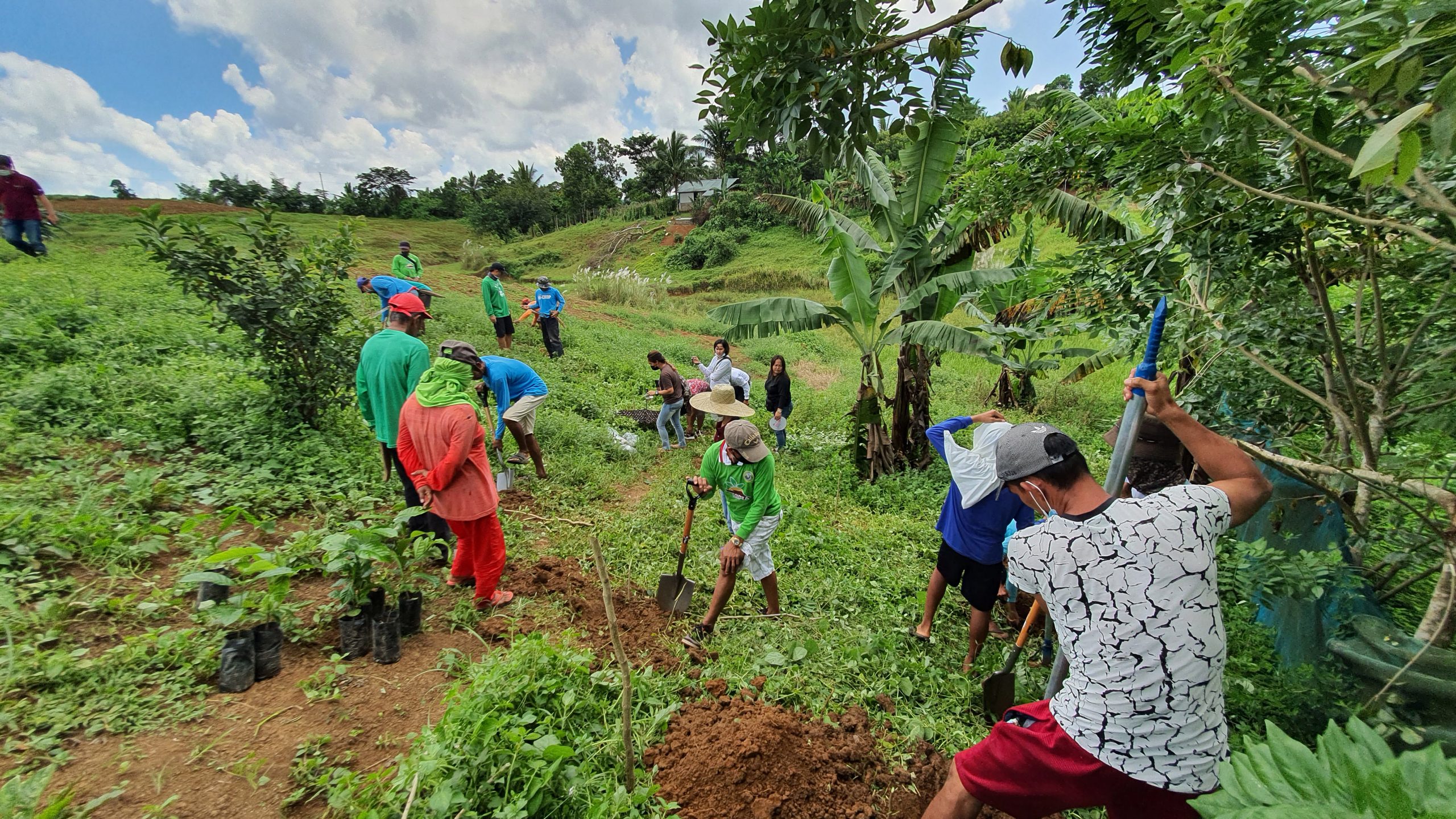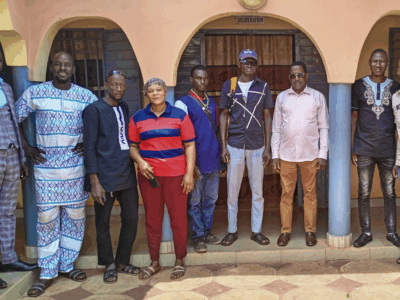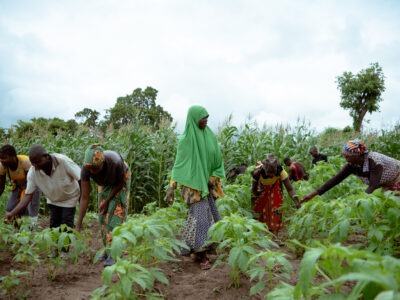
Philippine Coffee Advancement and Farm Enterprise (PhilCAFE), an activity funded by the U.S. Department of Agriculture (USDA) and implemented by ACDI/VOCA, recently trained 1,008 Filipino coffee farmers in good agricultural practices. Along with farmers, this group also included members of coffee producing communities and coffee industry stakeholders.
Despite its years of progress, the Philippine coffee sector remains in need of support to become competitive and profitable for coffee farmers throughout the country. PhilCAFE builds on the success of the Mindanao Productivity in Agricultural Commerce and Trade (MinPACT) project, also funded by USDA and implemented by ACDI/VOCA. By training farmers in good agricultural practices and other interventions, PhilCAFE aims to boost the production of conventional and specialty coffee and coffee exports from the Philippines and major strides have been made to that end. In fact, at this year’s Philippine Coffee Quality Competition, Marites Arellano, who lives near Mount Apo in Mindanao, received first place in the specialty Arabica category — a feat she attributes to the previous training she received from PhilCAFE.
Of the recent 1,008 farmers trained, there were 120 from Bukidnon and Northern Mindanao, 482 from the Caraga and Davao regions, 63 from the Cordillera Administrative Region, 90 from the Soccsksargen Region, and 253 from the Calabarzon and Western Visayas regions.
In the latter regions, a Training of Trainers model improved the knowledge and skills of 253 coffee industry players, including a group of coffee farmers turned PhilCAFE mentors. These trainings spanned several areas — from coffee farm planning, Farming as a Business, farm establishment and management, and nutrient management to pest and disease control, pruning, and rejuvenation. Topics also extended into the area of coffee roasting, with participants learning basic sensory and cupping skills, green bean grading, and olfactory and sensory analysis.
After the training, nine members of a farmers’ group in Malita, in the Davao Occidental Province, successfully planted 2,450 Arabica coffee trees. The trees planted by these members of the Solidarity Farmer Association are closely monitored by the assigned PhilCAFE mentor in the area. They are also intercropped with corn, green beans, and other vegetables, which adds on-farm diversity, increases productivity, and helps reduce the threat of weeds and pests. Most of the trees are now bearing fruit, which the farmers will harvest in the upcoming season this year.
Learn more about Philippine Coffee Advancement and Farm Enterprise.
Learn more about our work in the Philippines.








